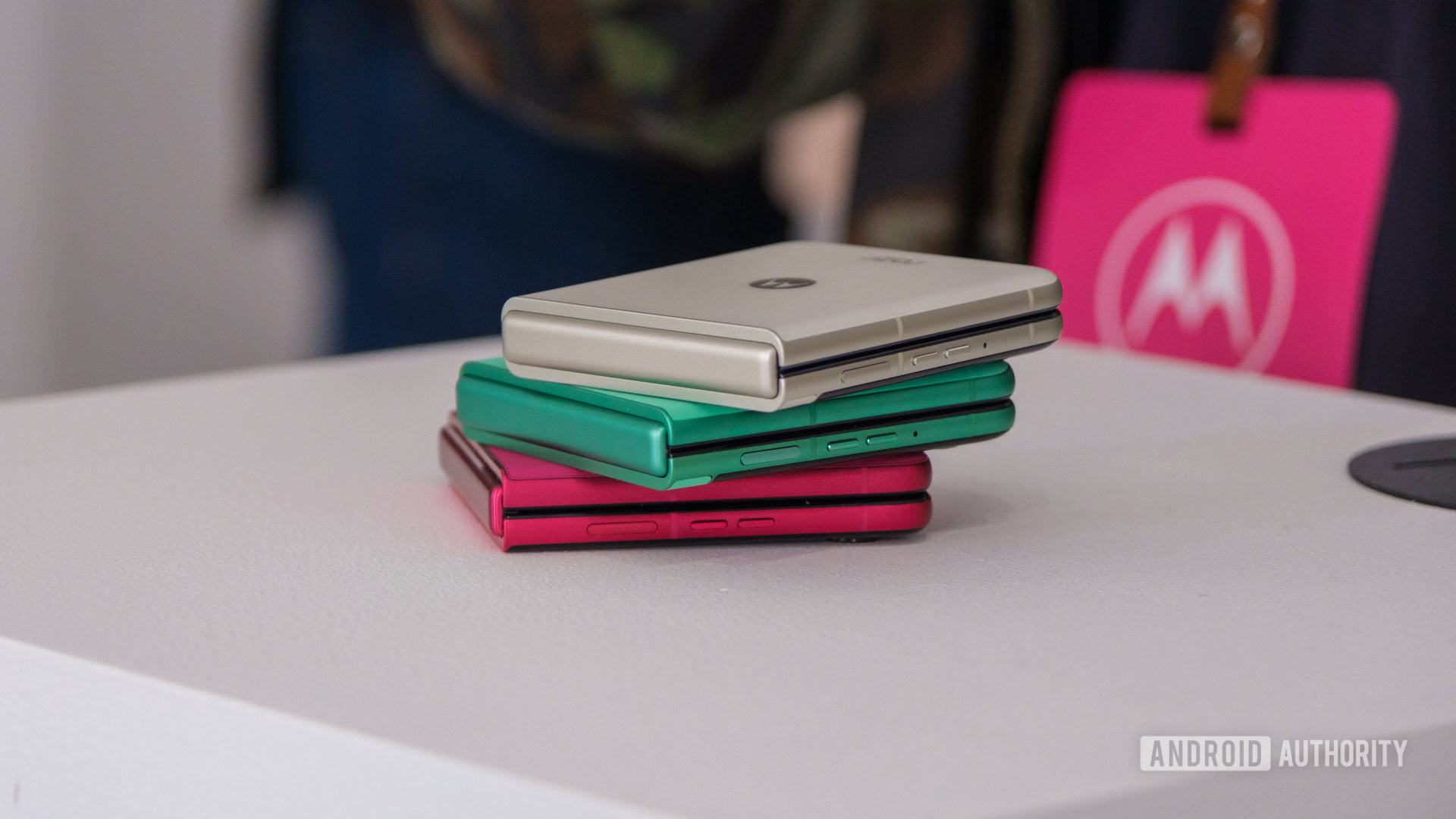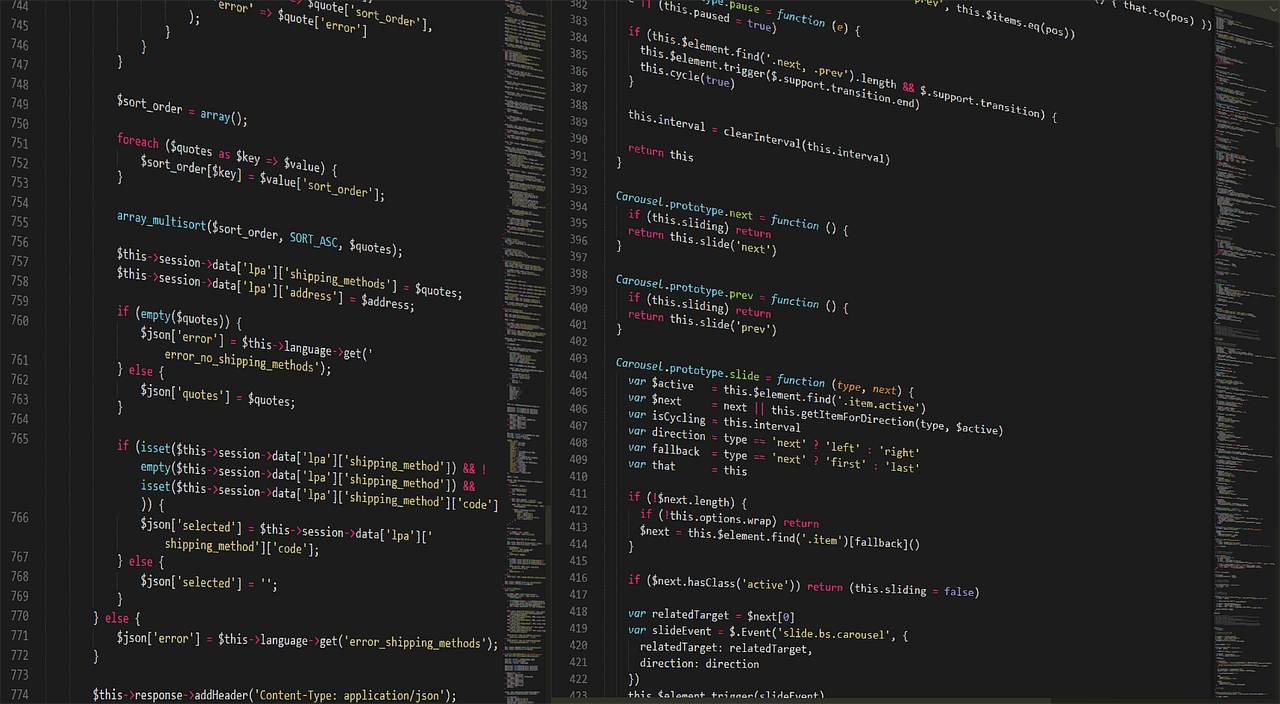By Adam Landsman
People are “dating” AI bots. CEOs are being “advised” by digital agents. Doctors are using ChatGPT to draft patient notes. AI has moved on from “disrupting” the world to fundamentally rewiring it.
Sales is no exception. AI-powered prospecting tools and automated personalization have quickly changed how we operate — and how we sound.
These tools promise progress: faster pipelines, lead generation at scale, and more meetings booked. But beneath the metrics is a deeper issue. Trust is deprioritized in favor of speed, and buyers feel it. We stand at the precipice of an entire industry — one traditionally grounded in human interaction — flipped on its head.
We’re not moving toward better relationships or healthier bottom lines. We’re moving into the uncanny valley littered with poorly crafted cold outreach.
Creepiness is costing you
The “uncanny valley” originally described dolls or robots that look a little too close to humans — but just off enough to evoke unease. In sales, too much AI-driven personalization skews into the same territory.
Take the flurry of “personalized” notes that reference my college mascot or a podcast I was on. Recently, I received two messages on LinkedIn — both from sellers of hybrid collaboration tools.
One mentioned they were impressed by my career trajectory, and congratulated me on my football team’s win the previous night. The only issue? They mentioned the wrong team — a cardinal sin and the result of an AI hallucination.
The other noted they’d looked into our company’s model, and provided a quick assessment and a straightforward POV on where they thought we could benefit.
Guess which I responded to?
It’s understandable why so many sellers are turning to AI to automate: Nearly 90% of sales professionals report feeling burnout, and the majority are regularly missing their quota.
The problem is the system itself and the misaligned incentives it runs on. Sellers are rewarded more for volume than value; pipelines are judged by growth, not quality. When you combine that pressure with tools that can blast thousands of messages in seconds, the result is predictable.
In the short term, this floods inboxes. In the long term, it corrodes credibility, laying the groundwork for buyers to become numb, suspicious and harder to reach, and placing a premium on real, human perspective.
Trust can’t be faked
Behavioral psychology and business research consistently reinforce one truth: Trust is the foundation of persuasion.
Research shows 67% of people need to trust a brand before they’ll even consider buying from it. High-trust companies outperform low-trust ones in stock performance, productivity and customer retention.
In my eyes, trust is built primarily through four signals: communication, competence, intent and consistency. Each of these takes time to build, and any of them can be lost in a single interaction.
And that’s where AI falls short. While it can mimic pieces of these, it can’t replicate the warmth, nuance and vulnerability that build real relationships. It doesn’t know when to slow down, when to ask better questions, or when to say “I don’t know.” Authenticity, even when admitting limitations, builds trust in ways that hollow personalization can’t.
People are already skeptical of AI in general: Only 40% of consumers say they trust generative AI outputs, and 4 in 5 consumers can accurately spot AI-written content. By layering it into the very first sales interaction, companies lose more than deals. They lose long-term brand equity. They lose referral momentum. And perhaps most importantly, they lose goodwill — the invisible capital that fuels long-term growth.
Comfort is the last frontier
Especially in complex B2B environments, deals don’t close on information alone. They close on confidence, reassurance and human alignment.
During a recent call with a prospect, he was saying all of the right things, “we’re excited,” “we see the value.” But his posture was stiff, his gaze was uneven — subtle signs that, after two decades in sales, I’ve learned to recognize as hesitation.
After we hung up, the cues stayed with me, so I called the next day and asked directly. He admitted he hadn’t secured senior-level buy-in yet, but felt obliged to keep things moving after so much time invested. That unlocked a dialogue around real barriers to forming a partnership, laying the foundation for us to identify and align on actual, appropriate next steps (that ultimately helped us sign the deal).
Sometimes analyzing words on a transcript isn’t enough. You have to read between the lines and let human intuition guide you where the data can’t.
Because, at the end of the day, when people buy software, they’re not just buying a product; they’re also buying into a relationship.
Fully automated sales motions may win early with volume, but they often lose late. Without empathy, deals stall. Without rapport, onboardings fail. Without trust, renewals disappear.
In these cases, the lack of human interaction becomes a liability.
Sales runs on belief
As trust in institutions and media declines, buyers need more reassurance, not less. Companies have an opportunity to step up as reliable, responsive, human-first actors in their customers’ lives.
At its best, sales isn’t about pushing products. It’s about helping people find a better way forward. We just need to be intentional about how we use AI; not as a replacement for humans, but as a way to give them more room to do what matters.
No matter how sophisticated AI becomes, it can’t replace the moment of belief. The point where someone decides to trust you, your company and the future you’re offering. In an era of uncanny outreach, the most radical thing you can do is be unmistakably human.
Adam Landsman is the senior vice president and head of growth at Sharebite, a leading enterprise meal benefits platform. Landsman is a seasoned executive with more than 20 years of experience in SaaS and food tech sectors. His expertise spans startup scaling, partnership development, organizational leadership and market expansion. As former head of corporate sales at Seamless, his work helped to facilitate its merger with Grubhub in 2013. At Clear, Landsman led strategic partnerships and enterprise sales efforts, contributing to its 2021 IPO.
Illustration: Dom Guzman

Stay up to date with recent funding rounds, acquisitions, and more with the
Crunchbase Daily.








